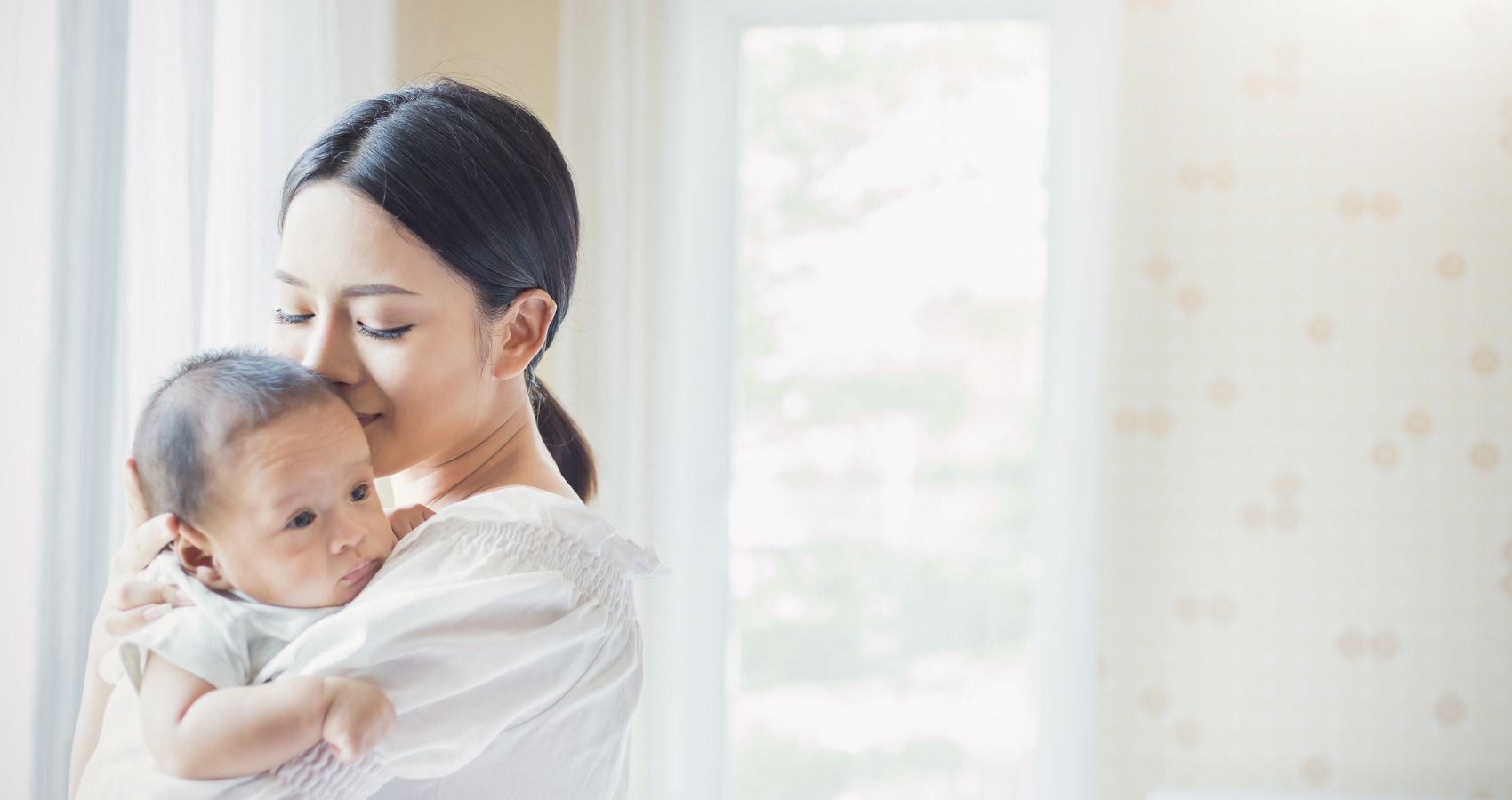The age old debate of whether or not carrying your baby all the time spoils them has finally ended. Spoiler alert: it most certainly does not. In fact, holding your baby often, sharing skin to skin contact moments together is actually highly encouraged by pediatricians everywhere. Since that has been put to bed, parents have found themselves asking "why do babies stop crying when you stand up and carry them?" lately - and we've got the scoop!
A study on this topic has recently been conducted by Current Biology explores these questions and the reasoning is pretty darn interesting.They concluded that “infants under 6 months of age carried by a walking mother immediately stopped voluntary movement and crying and exhibited a rapid heart rate decrease, compared with holding by a sitting mother.”
But how does that happen exactly? When a mother picks up her baby and immediately stands up, versus sitting and attending to her fussy baby, it puts a series of events into action, a “coordinated set of central, motor, and cardiac regulations.” We all know that babies calm down whenever they are able to see their parents faces, recognize their scent, hear them speak and feel their heartbeat, but whenever this is done in conjunction with their standing body rhythm of swaying or rocking, it immediately soothes them.
"Our study has demonstrated for the first time that the infant calming response to maternal carrying is a coordinated set of central, motor, and cardiac regulations and is a conserved component of mammalian mother-infant interactions. Our findings provide evidence for and have the potential to impact current parenting theory and practice, since unsoothable crying is the major risk factor for child abuse," they shared.
The study was done using pharmacologic and genetic interventions in mouse pups and through their observations, they were able to identify both the upstream and downstream neural systems regulating the calming response.
Overall, the mother and infant bond is the most critical thing whenever a new baby is born, as it is the most critical social relationship. To grow this bond, infants have very innate behaviors they use to seek that close proximity to their mothers, which they often will protest whenever they are separated from them. They need regular communication with their mother both vocally and through body movement. However, the physiological mechanisms regulating these infant behaviors remain largely undefined.
Moral of they story: giving your little one all that attention is great for their well being and your bonding.
READ NEXT: Dogs Rush To Help When Owners Cry, Study Suggests

